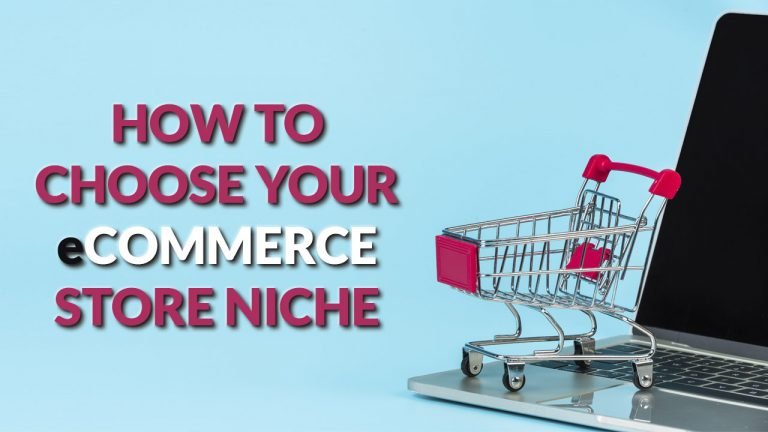
Choosing your eCommerce store’s niche is the first step to starting a successful business. The eCommerce market is hugely competitive, with millions of online stores competing for the same customers. Choosing the right eCommerce store niche will enable you to stand out in this sea of competition. Your eCommerce niche will underline everything you do, from branding to product development so, to ensure the highest return, you must find your niche as soon as possible.
What is an eCommerce Store Niche?
An eCommerce niche refers to your specific market segment—it defines the exact category your business focuses on. For instance, books are a broad market, but crime novels represent a niche within that market. Similarly, perfumes as a category are wide-ranging, but niche perfumes—crafted with unique scents and produced in limited quantities—target a more exclusive audience.
The WhatsApp eCommerce Store can effectively support a wide variety of niches, making it a flexible platform for specialized businesses.
Choosing a niche is incredibly valuable because it allows you to stand out in a crowded marketplace. While it may limit your appeal to a broader customer base, it enables you to target the consumers most likely to convert into paying customers. This focused approach often leads to higher engagement and improved cost-efficiency, as you’re connecting with a smaller, more relevant audience.
Why do You Need an eCommerce Niche?
There are some online stores, such as Amazon and eBay, that sell a vast range of different products to a broad audience. These businesses are household names, a status which takes time and an extremely large investment to achieve. For smaller to medium-sized businesses finding a niche early, building an audience and solidifying your brand image before expanding your product range is the most sustainable business model. Once you have found your niche it should underline everything you do. Check out the case studies on blackbeltcommerce.com to see how your niche is reflected in your website design.
How to Find Your eCommerce Niche
Whether you already have a store up and running, or are looking to start an eCommerce business, finding your niche is vital to ensure you stand out in a sea of over 20 million online retailers. Here are some tips to help you do this:
Focus on a Niche Rather Than a Product
Whether you have the idea to sell or you currently sell an in-demand product, you might be thinking about using this product as your niche. No matter how well a particular product is selling, it is never wise to use it as your niche. You can never be sure how long a product trend will last for. Instead of having a product-based niche, choose a niche that includes this product.
Do What You Love
Of course, you will want to choose a niche that is easy to capitalize on, but profitability should not be your only driving force. Having a genuine interest and passion for what you are doing comes across to the customer. Building your eCommerce business won’t happen overnight and the best way to ensure that you will continue to stay motivated is to focus on something you are passionate about.
Conduct Research

Once you have identified the areas that you are passionate about, it is then time to back up your ideas with cold, hard data. There are lots of tools online, such as keyword finders and Google Trends, that will help you to understand more about your potential niche. Google Trends is great for understanding which categories are increasing in popularity and which are stagnating or declining. Keyword finders will enable you to see the number of searches for a particular niche, as well as which sites use them, the volume of traffic they get and the amount of competition.
Check Out the Competition
Once you have learned more about the market, it is time to consider the competition. Take a look at high performing businesses, as well as those that are not doing as well, to see what you can learn from them. How many sites are operating in this niche? If the niche is too crowded, you might want to choose an alternative focus. If you have chosen to go ahead with your niche, think about what you can do to define your brand to gain market share.
Define Your USP
Your unique selling point, or USP, can be used to further define your niche. Your USP will articulate the unique benefit that your business provides, which will help you stand out from the competition. To define your USP, you should ask yourself a series of questions:
- Do your products or services solve a particular problem that your competitors do not?
- What can your competitors not imitate about your processes, products or services?
- What emotional need are you fulfilling?
- What benefits are you bringing to the customer?
- What makes you different from your competition?
- Who are your customers and what are their specific pain points?